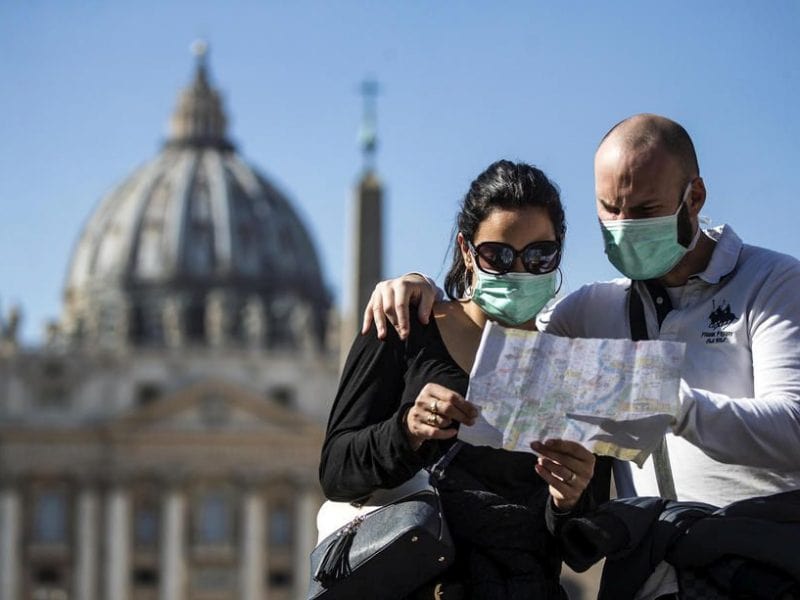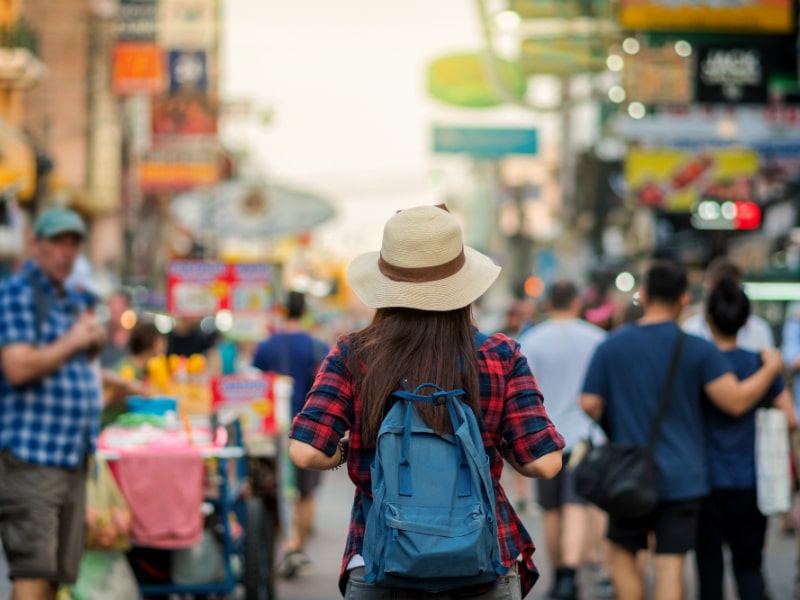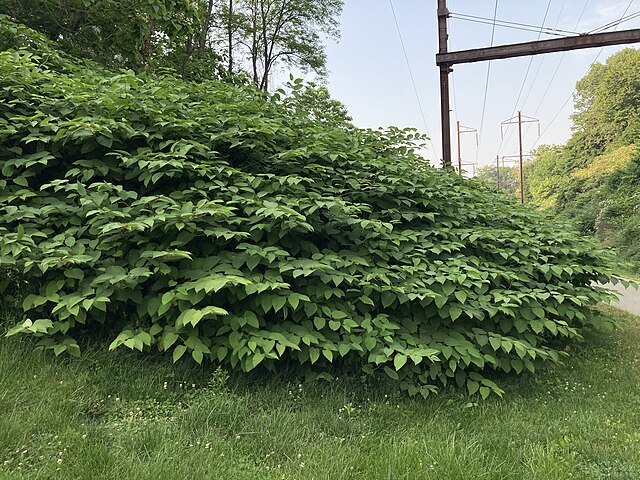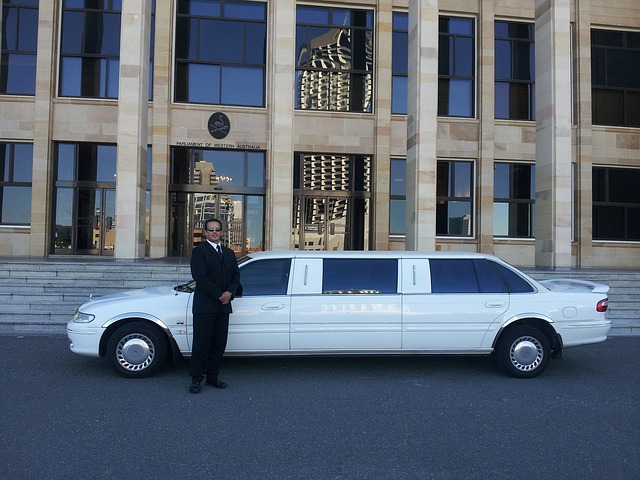Society is beginning to realize that there is a limit to growth. We live on a planet with limited resources and we must learn to manage them properly so that our descendants can enjoy life, at least, as we do.
When we travel, we do so conditioned by our subconscious.
Throughout our lives, films, television commercials, magazines, photos in travel agencies or those of friends have recorded the idea that happiness is linked to paradisiacal places, wonderful landscapes and/or exceptional experiences.
Pictures of happy travelers, smiling and telling the best of their trip. Rarely is the bad told, that is not “politically correct”, besides, nobody would read you or any agency would hire you. As a fellow blogger puts it, “garbage doesn’t make you happy.”
We may be bold in throwing the first stone, but we jumped into the ring to open the debate and ask many questions.
Perhaps we will disappoint you when we tell you that those distant, paradisiacal, unique or unknown destinies are incapable of making you feel happy on their own.
Happiness does not lie in the fact of travelling! but in enjoying the present. Perhaps what happens is that on trips we usually find those moments of feeling lucky more easily.
What would you do if you won the lottery? “Travel” “take a little trip” “go around the world”, is the first spontaneous answer of most of those asked.
We have associated travel = happiness since our parents took us out of school to take us to the beach, to the village, that is, since our purest childhood.
Nowadays, boosted by the boom of social networks, travel journalists, travel blogs and/or influencers sharing photos, videos or articles, this association has multiplied exponentially.
My last trip to Gambia, and the participation of our blog in the seminar organized by the airline KLM, with the Hashtag #KLMVuelaSostenible, has made me reflect on the choices we make about our destinations.
Gambia offers miles of beaches, warm water, tropical climate, lush vegetation, a different kind of fauna … Just five hours from Madrid! Who is not tempted to go?
Someone once told me that the most sustainable trip is the one that is not made, but in complete disagreement with that statement, I replied that trips give us the possibility to enrich our culture and help us in an indispensable personal evolution.
CHOOSING THE RIGHT DESTINATION, THE KEY TO SUSTAINABLE TOURISM
When choosing our destination, we are usually inspired by a book, a documentary, a film, a recommendation from a friend or a travel blog.
Before we start buying our ticket, it’s good to ask ourselves some questions: What do I expect to find in that destination? Is there anything similar closer? Is the time of year appropriate? Why do I feel like going there? Do I need to go there?
Do not travel impulsively, reflect on your choice, choose well the type of trip you want to make and the best routes offered by the destination.
It’s different to travel alone, with your partner or with your family. Maybe what you think is fantastic for your child is a glanders or your partner hates the spicy food that attracts you.
Many cities around the world are suffering from real estate speculation due to the large number of tourists who come to them, known as gentrification.

Investment groups are buying up entire buildings to transform them into accommodation or as a pure investment. This makes the rents rise for the inhabitants of that city, turning the tourist spots into a desert of neighbors.
If you know that your destination suffers from this speculation, it might be a good idea to change cities or choose a rural accommodation in the outskirts with good connections.
And meanwhile, other forgotten places are waiting for tourism like manna.
It’s funny that we are NOT attracted to places that are very close to us (that’s not travelling) and yet we find ourselves in those same places with thousands of tourists from all over the world.
We live in a great country, find out!
A good option if you are going to hire the services of a travel agency is to look for one that specializes in responsible and sustainable travel.
They will take care that the transportation, accommodation and activities in the destination are the most adequate to your travel style and beneficial for the inhabitants of the chosen destination.
CHOOSE YOUR MEANS OF TRANSPORT
Distance is often one of the most attractive things about a destination, the further the better!
These trips are usually the least sustainable, but if you decided to travel to a faraway place because there’s nothing else nearby to catch your eye, or it’s just your life’s dream, ok, take the plane.
Look for an airline that is committed to sustainability “as far as possible”, there are airlines that use more efficient engines, greener fuels and take care that the construction materials in their planes are as recyclable as possible.
If your economy also allows you to choose a company that takes good care of its workers and pays the tax correctly, better than better.
The train is a very good option in medium and nearby destinations, as its energy footprint is much smaller than that of a plane or car, as well as providing you with time during your journey to read, talk or enjoy the changing landscape.
Maybe you want to go on a sea cruise, in that case I won’t go on for too long, so I recommend you to read this post.
And if you finally decide to take the car, before leaving make a tune-up, see that the pressure of the wheels is correct, you’ll spend less fuel! or in your case, use an electric car.
CHOOSE YOUR ACCOMMODATION
A large part of the money that we invest in travel goes into accommodation, so we have the possibility to choose who we enrich and what we get in return.
It is important to read other travellers’ opinions before making a reservation, so that we avoid surprises of misleading photos, poor services or not entirely accurate information.
There are specialized websites or travel blogs that can give us good advice on sustainable tourism.
The next step is to decide if our money will be taken by a local or a hotel chain owned by an investment group.
Without a doubt it is difficult to compete with the offers and quality that some resorts or hotel chains offer, but personally I prefer to collaborate with local people and look for rural accommodation or family hotels.
You can also find in some destinations cooperatives of local people or private initiatives that give an added value to your stay.
They may not have a private beach or swimming pool, but in The Gambia I discovered decent accommodation, managed by local families at very low prices.
As a reward, you will discover that part of the happiness in your trip can come from the satisfaction of having shared your time and money with other people.





